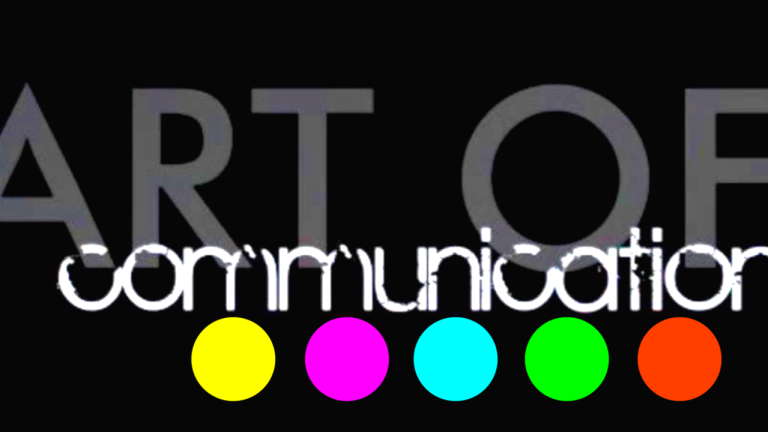Communication is an essential part of human interaction, shaping the way we express thoughts, emotions, and ideas. At the heart of effective communication lies articulation, which is the ability to convey messages clearly, confidently, and persuasively. Whether in speech, writing, or creative expression, articulation determines how well our ideas are understood and received.
This article delves into the art of articulation, exploring its significance, the challenges of poor articulation, and ways to refine this vital skill for both personal and professional growth.
The Significance of Articulation
Articulation is not just about speaking fluently; it involves structuring thoughts logically, using the right tone, and ensuring that the message resonates with the audience. Here’s why articulation matters:
Enhancing Clarity and Understanding
A well-articulated message minimizes confusion. Whether giving a presentation, writing an article, or having a conversation, precise articulation ensures that your audience grasps your intent without misinterpretation.
Building Confidence and Credibility
A person who articulates ideas effectively comes across as knowledgeable and confident. This is especially important in leadership, business, and public speaking, where clarity can influence decision-making.
Strengthening Connections and Persuasion
Good articulation fosters more substantial relationships. Whether in personal conversations or professional settings, clearly expressing thoughts leads to better engagement and trust. It also enhances persuasive abilities, making it easier to influence and inspire others.
Common Challenges in Articulation
Despite its importance, many individuals struggle with articulation due to various reasons, including:
Fear of Public Speaking
Nervousness or anxiety can lead to rushed speech, filler words, or unclear messaging, making it difficult to articulate thoughts effectively.
Lack of Clarity in the Thought Process
If an idea is not well-structured in the mind, it can result in fragmented or confusing communication.
Limited Vocabulary and Expression
A restricted vocabulary or difficulty in choosing the right words can hinder the ability to convey ideas precisely and powerfully.
Poor Listening Skills
Articulation is not just about speaking but also about responding appropriately. Failing to listen actively can lead to ineffective or irrelevant communication.
Read Also: SRMS Opens Applications for Various UG and PG Programs
Ways to Improve Articulation
Organize Your Thoughts
Before speaking or writing, take a moment to structure your ideas. Outlining key points can help deliver a coherent and impactful message.
Practice Speaking Slowly and Clearly
Rushing through words can lead to unclear articulation. Speaking at a steady pace, emphasizing key points, and pausing when necessary improves clarity.
Expand Your Vocabulary
Reading books, listening to podcasts, and engaging in diverse conversations can enhance vocabulary and improve the ability to articulate complex ideas.
Engage in Active Listening
Effective articulation involves responding thoughtfully. Listening attentively to others allows for more precise and relevant communication.
Record and Review Your Speech
Recording oneself speaking and reviewing the playback can help identify areas for improvement, such as pronunciation, tone, and clarity.
Seek Feedback and Practice Public Speaking
Joining public speaking groups like Toastmasters, engaging in debates, or simply practicing conversations with friends can refine articulation skills over time.
Frequently Asked Questions
What is articulation in communication?
Articulation refers to the ability to express thoughts, ideas, and emotions clearly and effectively in speech or writing.
Why is articulation necessary?
Good articulation enhances clarity, builds confidence, improves persuasion skills, and strengthens personal and professional relationships.
What are common challenges in articulation?
Challenges include fear of public speaking, lack of clarity, limited vocabulary, and poor listening skills, all of which can hinder effective communication.
How can I improve my articulation skills?
Practice speaking clearly, expand your vocabulary, organize your thoughts, engage in active listening, and seek feedback from others.
Does articulation only apply to public speaking?
No, articulation is essential in all forms of communication, including casual conversations, writing, presentations, and professional discussions.
Conclusion
The art of articulation is a skill that enhances every aspect of communication, from everyday conversations to professional interactions. By refining articulation, we improve clarity, confidence, and connection with others. Whether through structured thought, active listening, or deliberate practice, mastering this skill can open doors to better relationships, career opportunities, and personal growth.
As we continue to reflect on our ability to articulate ideas, let’s embrace the journey of continuous improvement—because the more precise we communicate, the more significant our impact.

